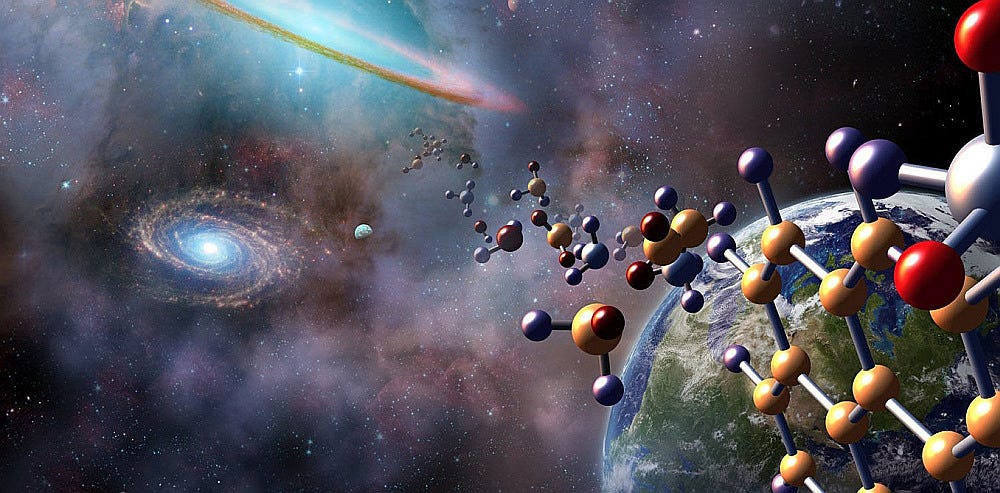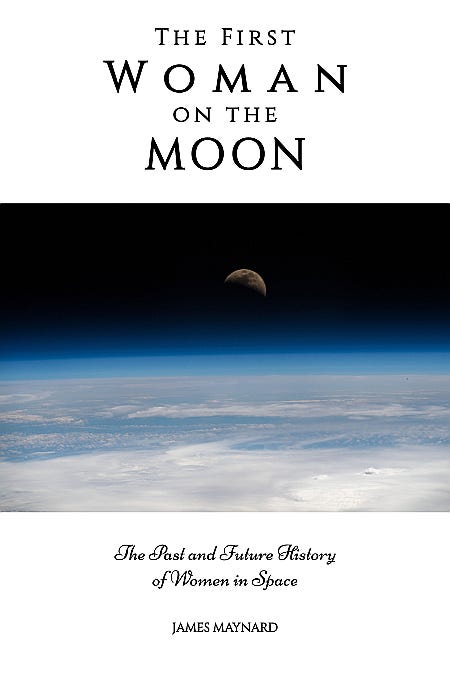The Cosmic Companion November 23, 2019
A look at how fast the Universe is expanding, examining how the tilt of planets affect their chances of developing life, and sugar is found in asteroids.
Hello everyone!
This week, we take a look at how astronomers and astrophysicists are perplexed by different values obtained when measuring the expansion rate of the Universe, one of the most important numbers needed to determine the past and present behavior of the Cosmos. We will also examine how the angle at which planets spin could affect their chances of developing life, and the discovery of a complex sugar inside an asteroid may help explain how life developed on Earth.
This week on my podcast (airing 11/26), I will interview Dr. Lucy Ziurys of the University of Arizona and Dr. Tom Zega of the Lunar and Planetary Laboratory, two of the head researchers on a recent study of interstellar buckyballs. We’ll talk about how they used a microscope to simulate conditions around a dying star and what it could mean in the search for life around other stars. Listen and subscribe to Astronomy News with The Cosmic Companion through any major podcast provider, including iTunes and TuneIn! Or, listen in at: https://thecosmiccompanion.substack.com.
The Cosmic Companion also offers a premium newsletter, featuring weekly exclusive videos, the astronomy comic of the week, and more. Just $5 a month, or $50 a year! Sign up at: https://thecosmiccompanion.substack.com.
Or, you can buy me a cup of coffee for my work!
Let’s take off!
The Week in Space
Why Don’t We Know how Fast the Universe is Expanding?
Astronomers and astrophysicists need to know how fast the Universe is expanding to determine the past — and future — of the Cosmos. However, different methods of measuring this expansion rate produce different values — why does this happen, and what does that mean for the Universe in which we all live?

RS Puppis, shown here, is one of the brightest of all Cepheid variable stars as seen from Earth. It is 10 times more massive and 200 times larger than our own Sun, putting out 15,000 times as much energy as our parent star. Image credit: NASA/ESA/Hubble Heritage (STScI/AURA)-Hubble/Europe Collaboration, acknowledgment to H. Bond (STScI and Pennsylvania State University)
When astronomer Edwin Hubble first discovered the Universe is expanding, he also found that galaxies further away from us are traveling at a faster rate than galaxies closer to us. This relationship became known as the Hubble constant.
Since 1929, when the Hubble constant was first proposed, astrophysicists have made significant advances in their understanding of the expanding Universe. The Hubble constant (H0) is usually referred to in units of kilometers per second per megaparsec (km/s/Mpc), where a megaparsec is a unit of distance equal to roughly 3.25 million light years.Hubble originally believed galaxies were expanding at a rate of 500 km/s/Mpc.
Read more: http://bit.ly/How-Fast-Universe-Expanding
Alien Life Might Need a Stable Home
Looking at how the axis of planets affect their climate could help us better understand which exoplanets may be inhabited by alien life.

Alpha Centauri, the closest system of stars to us, contains a pair of central stars, but the Earth would be far different if our world had developed there. Image credit: Georgia Tech / Billy Quarles
Researchers at the Georgia Institute of Technology recently developed computer models simulating how the climate of Earth might behave if our planet were placed in an alien solar system containing a pair of stars. By carrying out this study, researchers hope to learn more about which planets around other stars (exoplanets) are most likely to develop, and sustain, life.
Binary stars are more common throughout the galaxy than solar systems like our own, containing just a single star like our sun. Therefore, the team wanted to examine how planets in such a planetary system might behave, given the complex gravitational forces at action.
Sugar in an Asteroid May Help Us Understand Life on Earth
Complex sugars have been found in a pair of asteroids, and this discovery could help explain how life formed on the Earth soon after it cooled.

Complex carbon-based molecules from space may have seeded our world billions of years ago, leading to the formation of life on Earth. Image credit: NASA / Jenny Mottar
Ribose and other sugars formed in space have been discovered in asteroids by researchers from Tohoku University, Hokkaido University, JAMSTEC, and NASA Goddard Space Flight Center. The particular isotopes of these sugars were found to differ significantly from sugars formed on Earth, revealing their extraterrestrial origin.
Investigators believe these sugars formed billions of years ago, during the formation of the solar system. Later on, the sugars, locked in asteroids, fell to Earth, where they were recovered by scientists. Three asteroids were analyzed by the international team of researchers who found sugars present in two of the samples.
Read more: http://bit.ly/Sugar-Asteroid-Life-Earth

Coming soon: The First Woman on the Moon: The Past and Future History of Women in Space by James Maynard
Thanks for reading!
Check out my new podcast, Astronomy News with The Cosmic Companion, available on all major podcast distributors, including iTunes and TuneIn! Or, listen in at: https://thecosmiccompanion.substack.com. You can also now add Astronomy News with The Cosmic Companion to your flash briefings on Amazon Alexa!
If you want to keep up with the latest updates and news about astronomy and space exploration, visit www.thecosmiccompanion.com, join my Facebook page, subscribe on YouTube, and follow @TheCosmicCompanion on Instagram and @CompanionCosmic on Twitter.
Remember - VIP subscribers receive this newsletter, plus a second weekly newsletter with sneak previews of each video episode of Astronomy News with The Cosmic Companion, an astronomy comic of the week, rare space photos, and more! Plans start at just $5!
Do you know someone else who would love this newsletter? Please share! Invest in knowledge with a premium subscription for yourself or a loved one today (including advance viewings of my weekly video show)! Or, I’d love it if you could buy me a cup of coffee - I LOVE coffee! Thanks!
Astronomy - Don’t Leave Home Without It!
- James


